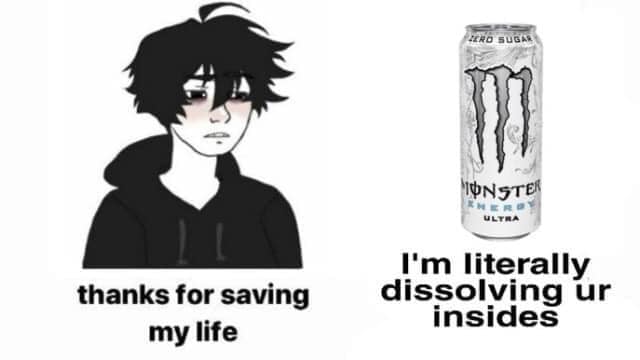Self Improvement
A community which focusses on improving yourself. This can be in many different ways - from improving physical health or appearance, to improving mental health, creating better habits, overcoming addictions, etc.
While material circumstances beyond our control do govern much of our daily lives, people do have agency and choices to make, whether that is as "simple" as disciplining yourself to not doomscroll, to as complex as recreating yourself to have many different hobbies and habits.
This is not a place where all we do is talk about improving "productivity" (in a workplace context) and similar terms and harmful lifestyles like "grindset". Self-improvement here is intended to make you a generally better and happier person, as well as a better communist, and any other roles you may have in your life.
Rules and guidelines:
- Posts should be about self-improvement. This is obviously a wide category, and can range from advice, to finding resources, to self-posts about needing to improve in a certain area, or how you have improved, and many other things.
- Use content warnings when discussing difficult subjects.
- Do not make medical decisions solely because of a discussion you have had with any person here (e.g. whether to take or not take medications; diagnoses; etc.) as we do not vet people. All medical problems should be discussed with a real-life medical professional.
- Do not post harmful advice here. If this is seen, then please report it and we shall remove it. If you are unsure about whether it's precisely harmful advice or not but feel uneasy about it, please report it anyway.
- Do not insult other users and their lifestyles or their habits (unless they ask, I suppose). This is a place for self-improvement. Critique and discussion about a course of action is encouraged over shit-flinging. Don't talk down to people.
view the rest of the comments

Depends on access to resources. Obviously, not everyone can afford a rehab clinic.
It also depends on your relationship with drinking. For me:
Each different relationship to alcohol you have requires addressing or reframing in different ways. Filling your time with "more productive" hobbies won't help tamp down your social anxiety at parties except in a very tangential way. There are a bunch of commonalities though:
Things that make it more difficult:
I hope this helps. Obviously, there are also local services and therapy as well.
I can safely say boredom is the primary driver of my drinking most days. My job is quite literally mind numbingly boring and it being in the alcohol industry really does not help since I'm constantly surrounded by alcohol. Boredom is responsible for my more dangerous drinking habits aka drinking super early in the day on an empty stomach. I wish changing jobs wasn't such a hassle